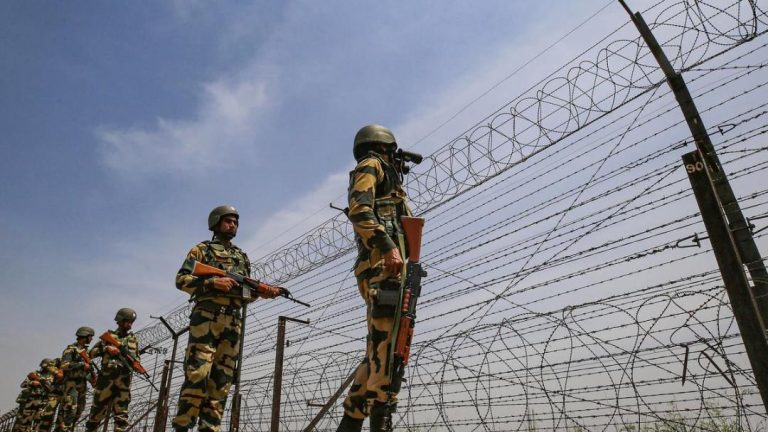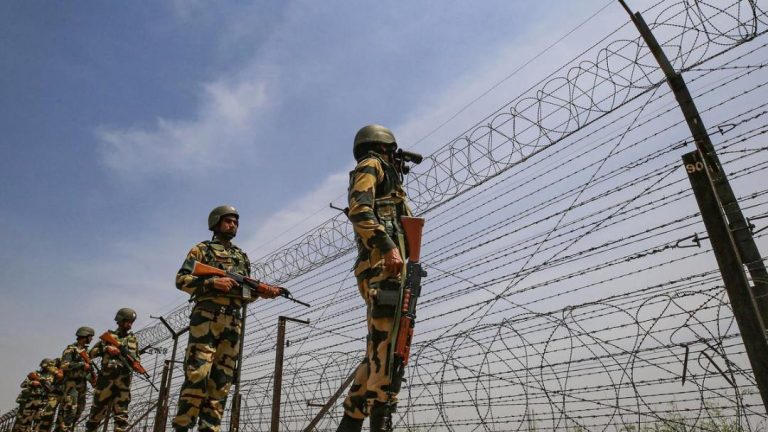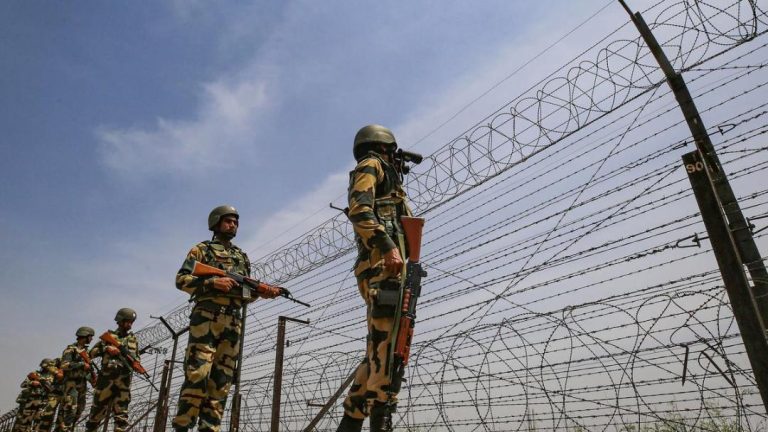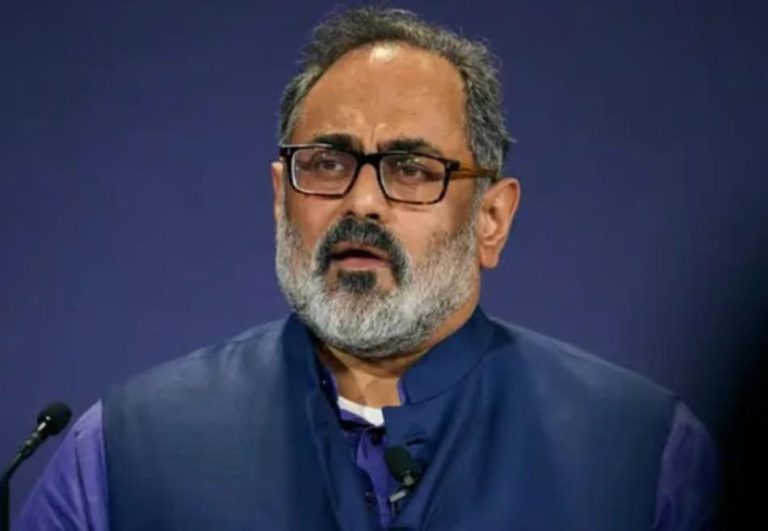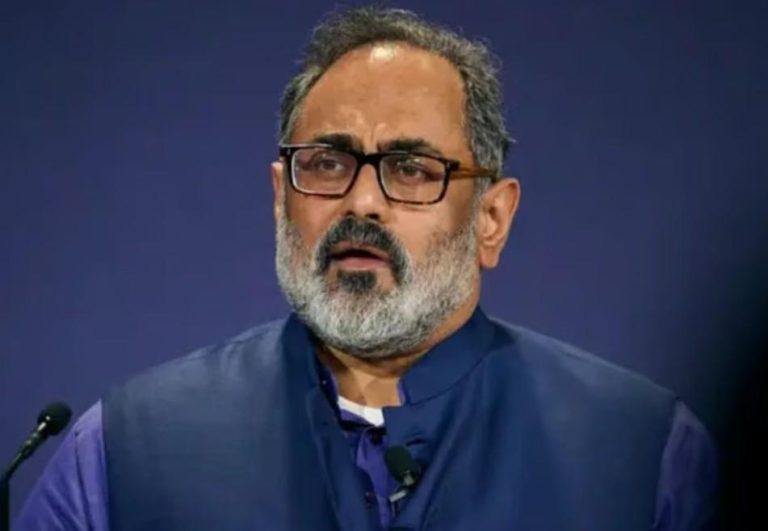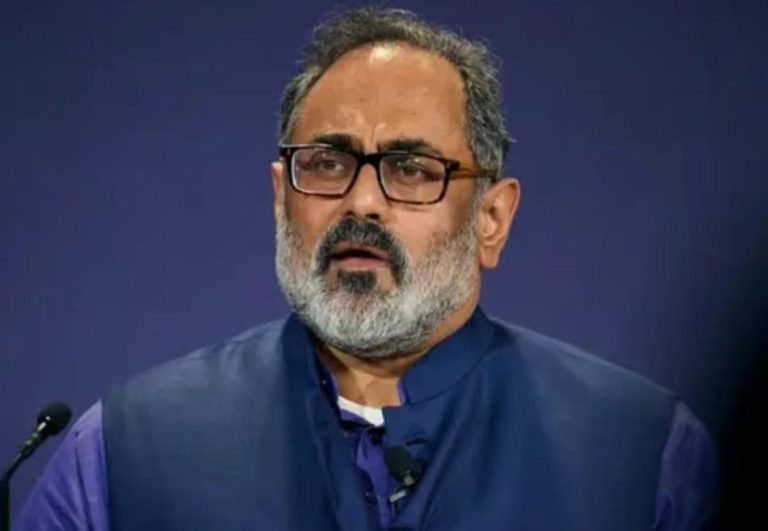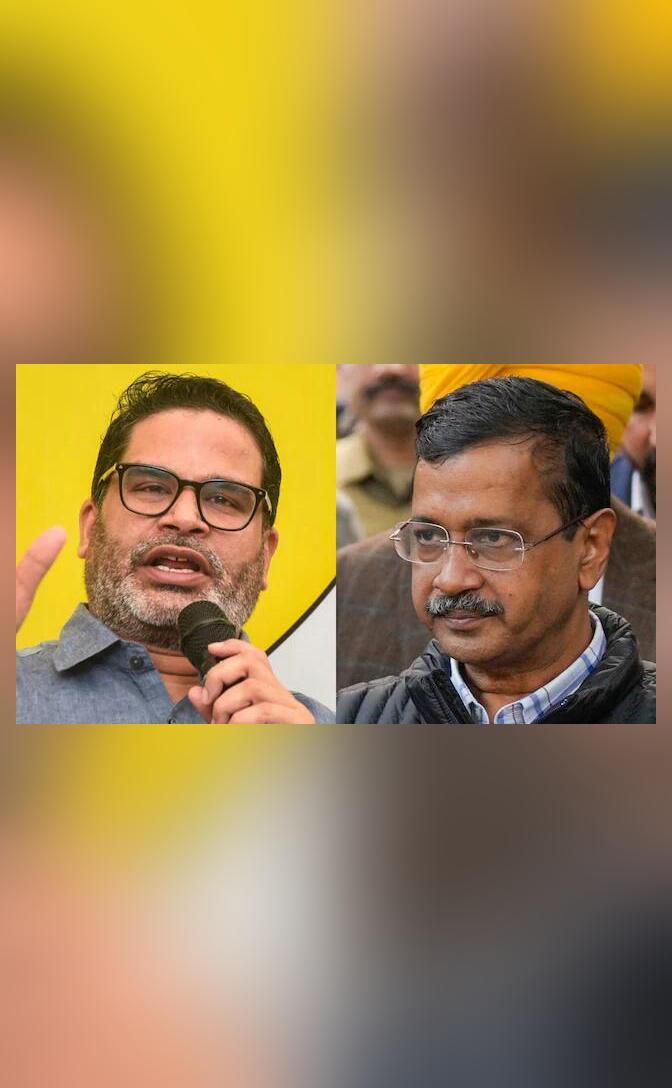
Prashant Kishor Lists Reasons Why Kejriwal & AAP Lost in Delhi Elections
The recent Delhi Assembly elections saw a stunning defeat for the Aam Aadmi Party (AAP) and its leader, Arvind Kejriwal. The party, which had been in power in Delhi since 2015, lost 62 out of 70 seats to the Bharatiya Janata Party (BJP). While many factors contributed to this defeat, Prashant Kishor, a seasoned politician and former political strategist, has identified some key mistakes made by Kejriwal and AAP that led to their downfall.
Kishor, who has worked with several political parties, including the Congress and the JD(U), recently spoke to News18 and shared his insights on what went wrong for AAP. According to him, Kejriwal’s decision to resign as Delhi Chief Minister after being granted bail in the liquor policy case was a “big strategic mistake”.
“What happened in Delhi was a classic case of a leader making a mistake at the wrong moment. Kejriwal’s resignation after being granted bail in the liquor policy case was a big strategic mistake. It was a situation where he could have taken a leaf out of Lalu Prasad Yadav’s book, who resigned after being arrested in the fodder scam. By resigning after being granted bail, Kejriwal gave an impression that he was trying to cover up something,” Kishor said.
Kishor also pointed out that the 10-year anti-incumbency factor played a significant role in AAP’s defeat. “In Delhi, the anti-incumbency factor was quite strong. People were fed up with the AAP government’s mismanagement and corruption. Kejriwal and his team failed to address these issues and instead focused on personal attacks and negative campaigning,” he said.
Another key factor that Kishor believes contributed to AAP’s defeat was Kejriwal’s fluctuating stance on the INDI Alliance. “Kejriwal’s decision to join and then exit the INDI Alliance hurt his credibility. It gave an impression that he was not sure about his own political stance and was willing to compromise on his principles for personal gain,” Kishor said.
Kishor also pointed out that AAP’s performance in the 2020 Bihar Assembly elections was a critical factor in their defeat in Delhi. “AAP’s poor performance in Bihar, where they failed to win a single seat, sent a negative signal to voters in Delhi. It made them question Kejriwal’s leadership and the party’s ability to deliver results,” he said.
Furthermore, Kishor believes that AAP’s failure to address the issue of corruption in Delhi was another major blunder. “Corruption was a major issue in Delhi, and AAP failed to address it effectively. The party’s own government was implicated in several corruption scandals, which further eroded its credibility,” he said.
Kishor also pointed out that AAP’s lack of a clear vision for Delhi’s development was another key factor in their defeat. “AAP’s governance model was focused on providing freebies and sops to voters, rather than addressing the real issues facing the city. This lack of a clear vision and strategy for Delhi’s development made it difficult for the party to connect with voters,” he said.
Finally, Kishor believes that AAP’s failure to engage with civil society and the media was another critical mistake. “AAP’s failure to engage with civil society and the media was a major blunder. The party’s decision to avoid scrutiny and criticism from the media and civil society only served to erode its credibility and trust among voters,” he said.
In conclusion, while AAP’s defeat in the Delhi Assembly elections was a surprise to many, Prashant Kishor’s analysis suggests that it was a result of a combination of factors, including Kejriwal’s resignation after being granted bail, the 10-year anti-incumbency factor, fluctuating stance on the INDI Alliance, poor performance in Bihar, failure to address corruption, lack of a clear vision for Delhi’s development, and failure to engage with civil society and the media.
By analyzing these mistakes, AAP can learn valuable lessons for the future and work towards rebuilding its credibility and trust among voters.
